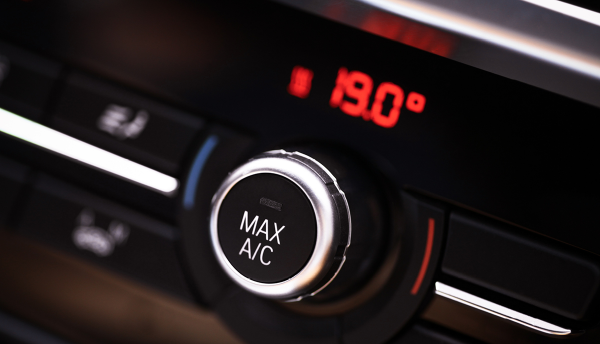
After a great deal of speculation in recent weeks, Nissan has confirmed that it will retain production of the next generation Qashqai crossover at its Sunderland (United Kingdom) facility as well as adding the new model X-Trail. According to a statement, the decision "follows the UK government's commitment to ensure that the Sunderland plant remains competitive." It added that as a result, the automaker will not only increase its investment but maintain a headcount of over 7,000 workers at the site.
However, the exact details of what Nissan was exactly offered by the UK government, be it assurances regarding tariffs or state support, have become a source of intrigue. Over the weekend, the UK's secretary of state for Business, Energy and Industrial Strategy Greg Clark said in an interview that "What I said [to Nissan] is that our objective would be to ensure that we have continued access to the markets in Europe and vice versa without tariffs and without bureaucratic impediments and that is how we will approach those negotiations." Clark was also questioned on the contents of the letter, in which he said that as well seeking "common ground" in terms of negotiations, he said that funds would be available for training and plans to "bring home" elements of the supply chain that had been shifted overseas to support research and development (R&D) and maintain competitiveness. Clark also suggested that the benefits would apply to the whole of the UK automotive industry, but "it's not general".
Nissan's senior vice-president for Manufacturing, Supply Chain Management and Purchasing in Europe, Colin Lawther, denied there was a "special deal," telling the BBC, "It's just a commitment from the government to work with the whole of the automotive industry to make sure the whole automotive industry in the UK remains competitive... We would expect nothing for us that the rest of the industry wouldn't be able to have access to. We see this as a whole industry thing, not a Nissan thing."
Production has been growing in the UK, thanks to the success of the Sunderland plants and the growth of Jaguar Land Rover in recent years. However the country’s supply base has remained smaller than its European counterparts, with suppliers establishing larger, consolidated facilities across Europe and relying upon EU trading agreements and cheap logistics costs to supply UK plants.
Other automakers are already asking about the deal that was offered to Nissan and will no doubt be asking that the same deal is extended to them. A spokesperson for Jaguar Land Rover (JLR) has told Reuters that the company is "talking to government at every level and asking for a tariff-free trading environment, access to talent and the same legislative framework we have now... We want a level playing field." Jaguar Land Rover has made efforts to localize its supply base. In 2013 the company announced that of the GBP2.8 billion worth of contracts for the F-Type, GBP1.5 billion went to companies in the UK. By 2014, the company passed sourcing 50 per cent of its car components from the UK supply chain.
In any case, it may not matter whether the deal offered to Nissan involves support so that tariff and non-tariff barriers will be mitigated in a hard Brexit, or the assurance of the UK not leaving the existing single market and customs unions in a soft Brexit; the deal is as much interest to suppliers as it is to OEMs. Though the next-generation Qashqai and X-trail will not start production until 2020 and supply contracts are still being finalised, many suppliers to them will be located in Europe. Even if a tier-1 plant is based in the region surrounding the Sunderland plant, it will have tier-2 and -3 sub-suppliers imports from the continent. With this in mind, the same deal that Nissan has been promised will be vital to them as well.








